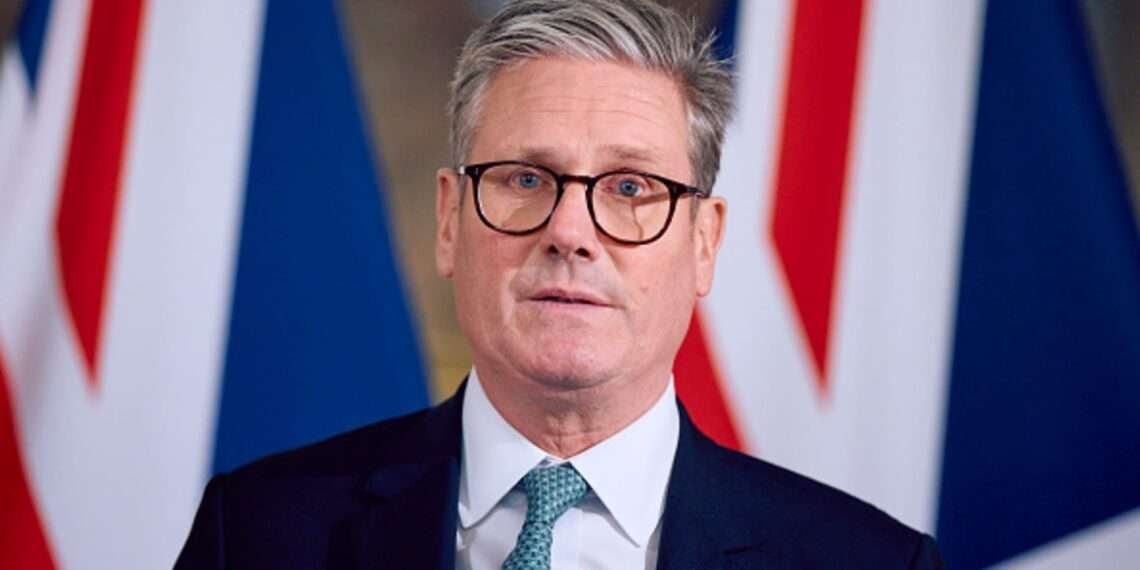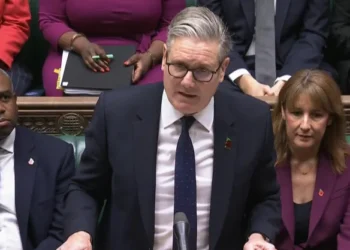Labour’s once commanding vote share has continued its rapid decline, falling to under 30 percent for the first time since winning power, according to new polling.
The Techne UK weekly tracker poll reveals that support for Keir Starmer’s party has plunged to 29 percent, marking a five-point drop since the election and a two-point dip from last week.
Despite Labour’s losses, the Conservative Party, still grappling with internal leadership turmoil, has seen little benefit. The Tories gained just one point, moving to 24 percent, while Nigel Farage’s Reform UK also saw a slight rise, now standing at 19 percent. The Liberal Democrats remain steady at 12 percent, and the Greens hold their ground at 7 percent.
Starmer’s Party Struggles With Older Voters
Labour’s declining fortunes follow a turbulent week in government, which included Starmer’s decision to sack chief of staff Sue Gray and appoint the controversial Morgan McSweeney in her place.
The party has also faced a growing backlash over proposed tax hikes, including a potential capital gains tax increase to 39 percent.
However, the most damaging blow appears to be the loss of support among older voters, especially following Labour’s decision to cancel winter fuel payments for 10 million pensioners.
For the first time since the election, Labour is trailing the Conservatives in both the 55-64 and 65-and-over age groups. Worryingly for Starmer, Labour also trails Reform UK in these categories.
In the 55-64 bracket, Labour has garnered just 23 percent of support, compared to 26 percent for the Conservatives and 25 percent for Reform UK. Among voters aged 65 and over, Labour has only 22 percent, while the Tories lead with 29 percent, and Reform UK follows at 24 percent.
Labour Faces Heavy Voter Losses
In a particularly troubling development for Labour, the party has lost more than a quarter of its vote share from the previous election. An alarming 27 percent of those who supported Starmer’s party in July now say they would not vote for it again.
Michela Morizzo, chief executive of Techne UK, highlighted Labour’s precarious position. “Things continue to go badly for the Labour government. Sir Keir Starmer’s party dropped a further two points in national vote share this week, now recording just 29 percent. This sub-30 percent vote share for Labour is the lowest we have recorded since February 2022,” Morizzo noted.

Despite Labour’s challenges, Morizzo suggested that the only reason the party remains competitive is the lack of unity on the political right. “If the right was united — which of course it is not — they would collectively poll over 40 percent of the national vote share, far exceeding Labour,” she explained.
She added that the situation could change dramatically once the Conservative Party elects a new leader and begins outlining its vision for the next general election.
With Labour’s popularity continuing to fall, Starmer faces mounting pressure to reconnect with voters, particularly those over 55, as the clock ticks down toward the next general election.
READ ALSO: Asiedu Nketiah Warns Electoral Commission to Halt Ballot Printing























